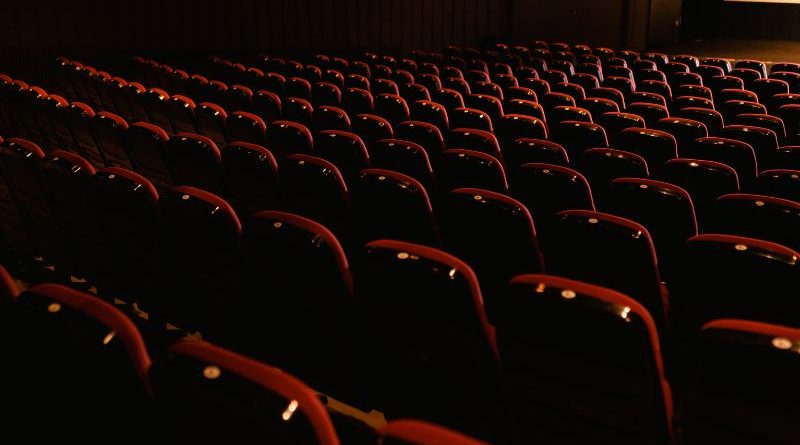Future-Proofing Film Criticism in the Age of AI and Digital Deluge
In the flickering light of a cinema, behind a keyboard or the glow of a laptop screen, film critics have long served as our guides. Having started his journey at a time where he was able to straddle print and digital, Spling has been at the forefront of this new dawn for film criticism. But as the credits roll on traditional media and the influence of Artificial Intelligence swells, how do these custodians of cinematic insight, resonance and understanding future-proof their careers? It’s a question of adaptation, specialisation and embracing the uniquely human touch that algorithms just can’t match – at least not yet.
Diversify Your Digital Footprint
Gone are the days when print was the sole domain of critical authority. Today’s critic is a multimedia storyteller, composing video essays that deconstruct a director’s visual style, podcasts that offer lively debates or interactive social media threads that spark real-time discussions at the time of a film’s release. Building an online presence – a personal website, an active social media feed, an engaging YouTube channel – isn’t just optional; it’s essential for visibility and cultivating a distinctive brand. Engaging with online communities on platforms or dedicated film forums also fosters connection and provides a valuable feedback loop.
Elevating Analysis in a Sea of Opinions
The internet has democratised opinion, making everyone a critic with a keyboard. To stand out, professional critics must offer more than a simple “yay” or “nay.” This requires deepening expertise to provide nuanced analysis of cinematic elements, exploring historical context, thematic richness and cultural impact. Whether targeting a particular genre, national cinema or the landscape of streaming content, a critic’s unique lens offers invaluable insight. Staying up-to-date on film theory and history isn’t just academic; it provides the frameworks to truly dissect what makes a film connect.
AI: Tool, Not Tyrant
Artificial intelligence isn’t on the horizon; it’s already inside. For film critics, the key is to see AI as a powerful writer’s assistant, not a complete overhaul or replacement. AI can analyze vast datasets of audience sentiment, track box office trends and assist with preliminary research or summarising plot points. This enables critics to focus on what truly matters: the uniquely human qualities of interpretation.
AI struggles with emotional depth, subjective experience and the nuanced understanding of cultural context that makes art resonate. This is where the critic’s value becomes well, critical. Future-proof critics will lean into their ability to articulate complex ideas with creativity, empathy and a personal voice that AI simply cannot replicate. They could even become crucial voices in the ethical discussions surrounding AI-generated content, authenticity and the potential for artistic homogenization.
Cultivating Connection, Professionalism and Passion
Beyond the digital realm and analytical prowess, the fundamentals of professional film criticism remain invaluable. Exceptional writing and communication skills are a must – offering clear, engaging and articulate pieces is the foundation of effective criticism. Networking at film festivals, press screenings and industry events can open doors to opportunities and vital connections. Meeting deadlines, being reliable, publishing regularly and maintaining a strong portfolio of published work are all crucial for building a credible and sustainable career.
If you need to diversify, consider freelancing across various publications or even exploring teaching and academia. The analytical and communication skills film critics require makes them highly transferable to other media, journalism or content creation roles.
Ultimately, future-proofing a career in film criticism isn’t about resisting change; it’s about embracing it. By diversifying platforms, deepening analysis, strategically leveraging new technologies like AI and nurturing invaluable human connections, film critics can ensure their voices continue to serve the art form for generations to come.



